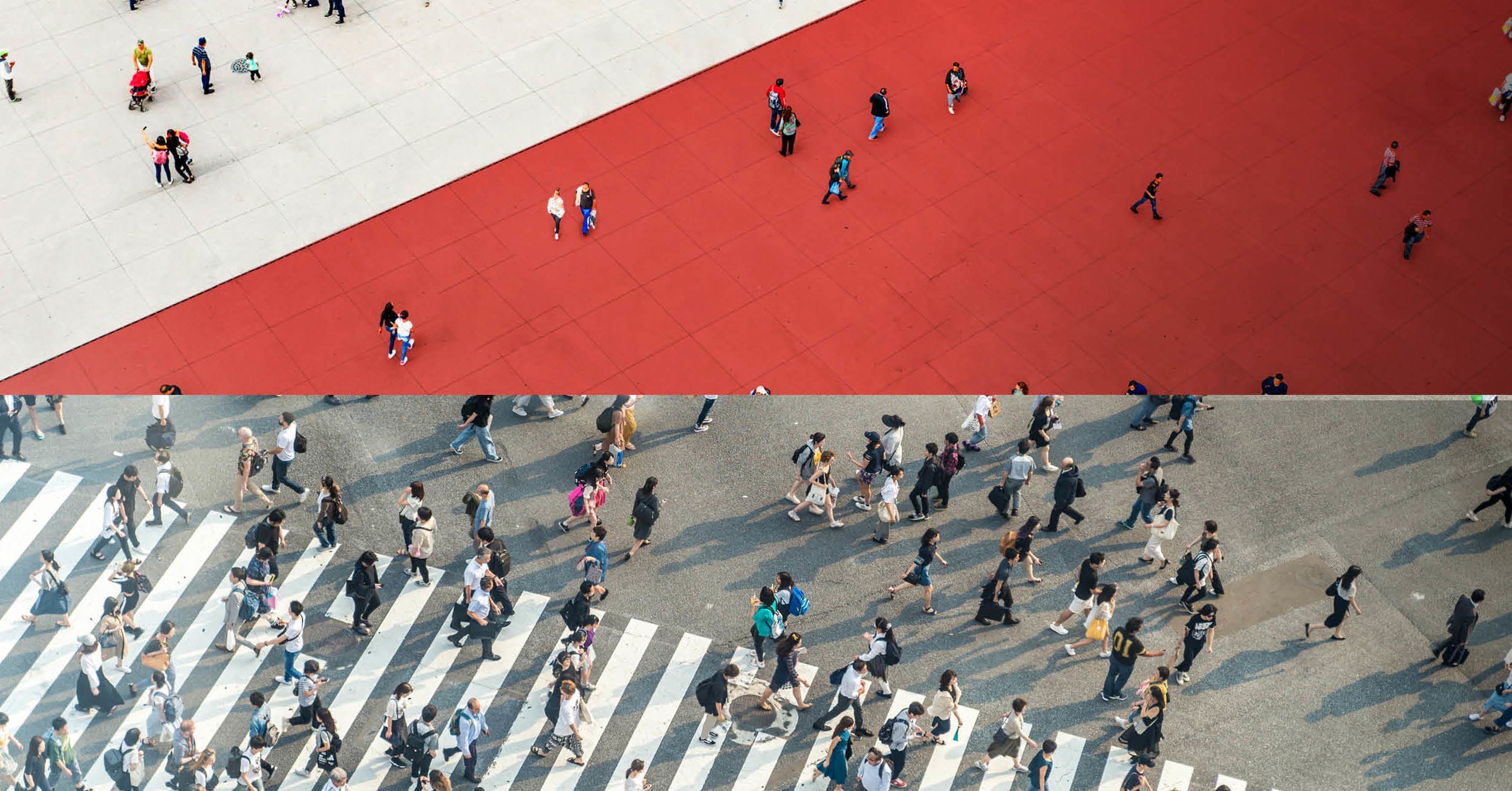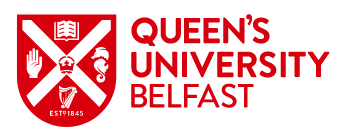Research from Queen’s University Pioneers Pathways to Peace

Researchers at Queen’s University Belfast have a world-leading track record of research in peace, culture, conflict, identity and social sustainability. At the heart of this important research is the city’s history of conflict.
Hear from researchers at Queen’s University as they discuss how their research changes the lives of people in Northern Ireland and around the world.
Shared education breaks down barriers
The research carried out by professors Tony Gallagher and Joanne Hughes acts as a model of collaboration between Protestant and Catholic schools in Northern Ireland. Hear from them as they discuss how shared education can break down barriers from an early age.
What does your research cover?
JH: Our research focuses on promoting reconciliation and school improvement. Segregated education systems perpetuate cultural estrangement and more than 90% of schools in Northern Ireland are segregated on religious grounds.
The education system presents a huge opportunity for relationship building in divided societies. Our work in shared education can promote wider social cohesion in communities affected by conflict.
How do you promote shared education?
TG: We highlight the importance of sustained, regular contact on promoting reconciliation. We also recognise the need for system-level support to maintain reconciliation as a priority goal. We work alongside politicians and policymakers, as well as education and community stakeholders.
What has been the impact of your research on shared education?
JH: There are now around 700 schools and over 60,000 pupils who participate in regular, shared classes with schools from different denominations. The research influenced The Education (Northern Ireland) Acts of 2014 and 2016 and the work of the Ministerial Advisory Group on Shared Education.
Queen’s University is now recognised internationally for its Shared Education research. The Northern Ireland Model of Shared Education has been implemented in other divided societies, most notably Israel and North Macedonia and the city of Los Angeles.

Making sense of the legacy of a troubled past
Professors Kieran McEvoy, Louise Mallinder and Dr Anna Bryson research how societies deal with legacies of violence. Their research has had a profound impact upon the legal, policy and public understanding of the legacy of the Northern Ireland conflict.
Why is it so important to confront Northern Ireland’s troubled past?
AB: The conflict in Northern Ireland claimed over 3,600 lives across more than 40 years. 26% of the adult population identify as victims of the Troubles due to direct harm or through bereavement. Many families are still seeking answers because 1,186 murders remain unresolved.
LM: The way that the legacy of the violence has been handled in the past has at times undermined trust in the justice and political systems. Therefore, the legacy of the past remains an important issue here.
The legacy of the past can be a controversial topic. How did you approach it?
AB: Our research places the human rights of ordinary victims and survivors at the heart of the debate on how to deal with the legacy of the past. We recognised that we would need to work with people outside the world of academia to achieve this.
KM: During the truth recovery process, political and legal experts provided free information to all stakeholders so they could make an informed decision. This introduced transparency, so ordinary people could trust that their best interests were at heart.
What impact have you seen as a result of your research?
AB: Our work has influenced debates on legacy, truth recovery and local and international research on amnesties. The value of oral history to transitional justice has had a real impact on efforts to deal with the past in Northern Ireland since 2014. We partnered with the Committee on the Administration of Justice to produce policy-focused research that influenced negotiations in Northern Ireland, UK legislation and parliamentary select committees.
Breaking down binaries
Professor Olwen Purdue is professor at the School of History, Anthropology, Philosophy and Politics. She explores how engaging communities with co-creating histories can challenge the binary narratives associated with divided societies.
Why is it important to engage communities with co-creating histories?
OP: In deeply divided societies, history is often seen as part of the problem. It can be used to deepen division or reinforce a particular view of the past that can alienate some members of the community.
My research explores the benefits of engaging with the public to develop a richer, more nuanced, understanding of the past. Communicating these divisive pasts to public audiences is challenging. But it is also vitally important.
What kind of groups do you work with?
OP: I work in partnership with a range of local and national museums and communities in Northern Ireland, Jordan and the US to engage different audiences in the exploration and co-production of their own pasts and those of others.

What aspects of history do you explore?
OP: The Queer Northern Ireland project has uncovered forgotten histories of LGBTQ life in Northern Ireland from the 1880s to the 1980s. Through public lectures, radio interviews, workshops and collaborating with artists and community groups, the project has provided a greater sense of the diversity of the past.
What impact has your research had on Northern Ireland society?
OP: We discovered that engaging different communities in the exploration of their own histories allows us to tell a story of Northern Ireland that goes beyond the binary identities of Catholic and Protestant.
After witnessing the benefits of engaging local and refugee communities in Jordan in sharing their stories, we are working with the Public Record Office of Northern Ireland on a collaborative oral history project. The project will tell a shared history of everyday life on either side of Belfast’s notorious peace walls.
Our research into Magdalene laundries and mother and baby homes led to the creation of a Truth Recovery Independent Panel. The panel is continuing research that will be used as evidence in an upcoming Public Inquiry.

Research changes lives
In the global mission to build peace in divided societies, research can play a crucial role. Researchers at Queen’s University have drawn on their local history to produce world-leading research that changes lives around the world.
Researchers at Queen's University Belfast help tackle the global challenges of our age, changing people’s lives for the better. We are a world-class international university built on teaching excellence, leading-edge research, innovation, collaboration and engagement. Queen's has a proud history of conducting innovative, impactful and world-leading research that has positively changed people’s lives.
This content was paid for and created by Queens University Belfast. The editorial staff of The Chronicle had no role in its preparation. Find out more about paid content.



